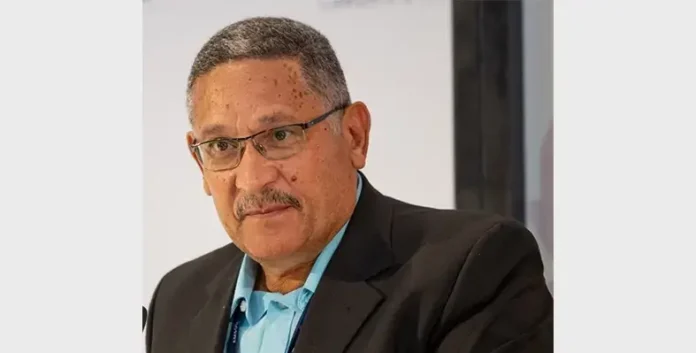Africa is at a turning point in its energy journey
As cities expand and industries grow, the demand for electricity is rising fast. By 2040, Africa will need nearly 1,200 gigawatts of power, yet 600 million people still lack electricity, holding back development, healthcare, and education.
This creates a major challenge: How can Africa expand energy access without locking itself into high-emission fuels? The solution must balance affordability, sustainability, and reliability. While solar and wind power are critical, most countries lack the infrastructure to rely on them alone. Grids must remain stable, industries need steady energy, and cross-border trade requires a consistent supply. Natural gas plays a vital role in this—acting as a bridge to cleaner energy while meeting urgent electricity needs.
Africa houses about 7% of the world’s proven natural gas reserves, and production has increased by over 70% since 2000, with forecasts predicting 520 bn cu/m by 2050.
Several African countries are already benefiting from utilising natural gas reserves.
Nigeria, Africa’s largest gas producer, has over 200 trillion cu/ft of reserves, supporting millions of jobs across extraction, processing, and transportation. The Greater Tortue Ahmeyim (GTA) project in Senegal and Mauritania is attracting billions in investment, strengthening energy security. South Africa, facing a “gas cliff” due to declining imports, is exploring its local reserves to protect industrial growth. Mozambique’s Coral Sul floating LNG platform has already started production, with revenue projections reaching around US$70mn annually between 2025 and 2027. Meanwhile, the Mozambique LNG and Rovuma LNG projects hold immense potential, boasting over 100 trillion cu/ft of recoverable gas, though they remain in early development stages.
Many African countries produce only a small fraction of global emissions, yet they withstand the worst of climate change, facing extreme droughts, floods, and food insecurity. Expecting them to abandon fossil fuels without practical alternatives could slow economic development and widen inequalities. A fair energy transition must acknowledge that countries have different economic conditions and needs than major polluters. The shift to cleaner energy must be structured in a way that allows Africa to grow sustainably without compromising its ability to provide reliable power, create jobs, and strengthen its industries.
Currently, many African countries don’t have the infrastructure to rely on renewables alone. Power grids are weak, underfunded, and often unreliable. The main challenge with solar and wind energy is that they depend on the weather. If the sun isn’t shining or the wind isn’t blowing, power generation drops, causing disruptions. Batteries can store excess energy for later use, but large-scale storage technology is still too expensive and not widely available.



